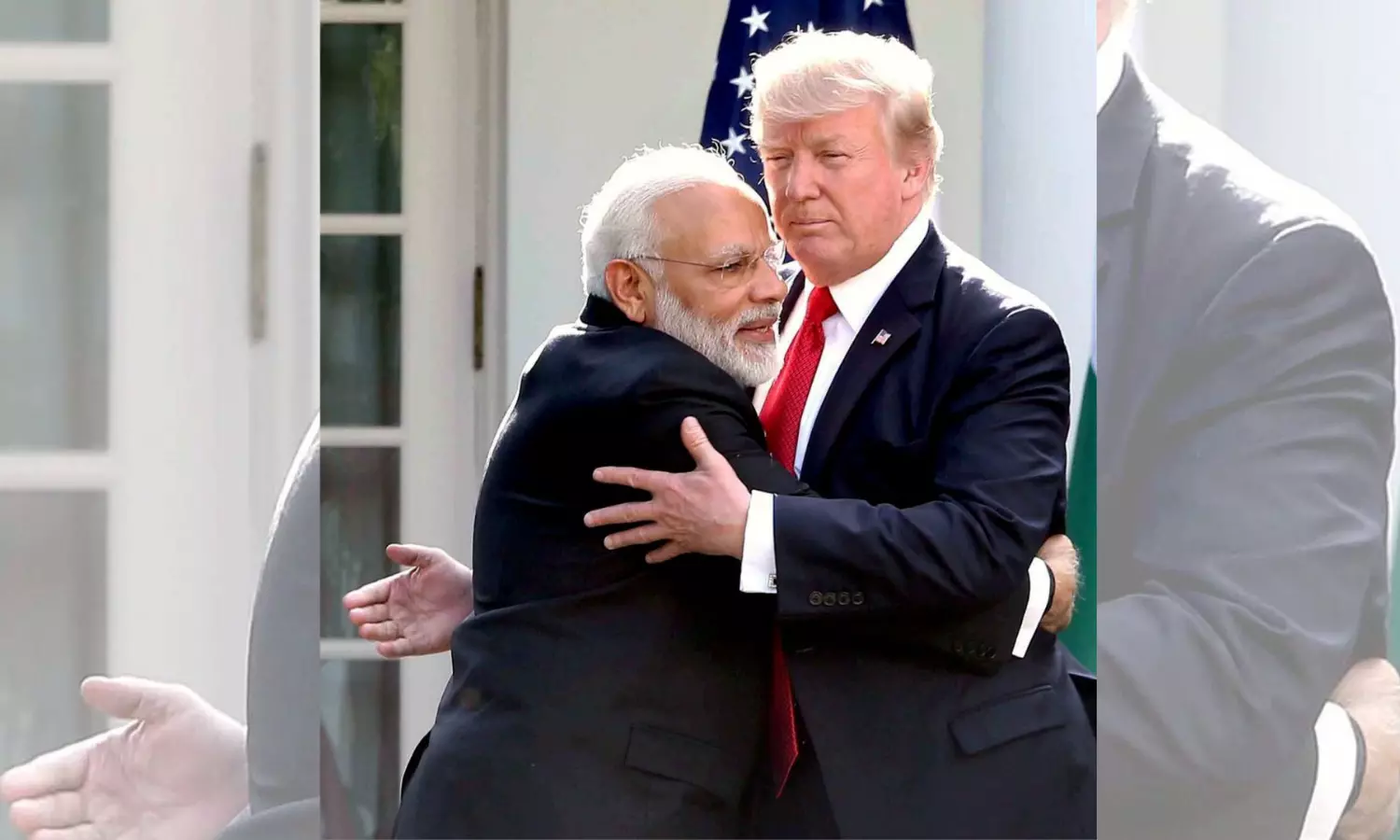Trump’s trade policy can be positive as well as negative for India
Trump may press India to join the Indo-Pacific Economic Framework, focusing on digital trade and supply chain resilience, and India will have to take a strategic approach to join on favourable terms.;

Chennai: While heightened ‘tariff war’ and increased protectionism under Donald Trump’s presidency could hamper India’s trade prospects, the ‘China-plus one’ policy and India’s tariff differential with China as well as lesser environmental regulations might be beneficial for exporters engaged with India’s largest trading partner.
Donald Trump’s ‘America First’ policy amidst heightened ‘tariff war’ is not good news for its trading partners in general. Trump, being loud about local manufacturing, the trade surplus enjoyed by India can come up for scrutiny. Between FY20 and FY24, India's merchandise exports to the US rose by 46 per cent to $77.5 billion, while imports from the US grew only 17.9 per cent to $42.2 billion.
“A Trump presidency would likely extend tariffs beyond China to other countries, including India. Further, Trump may pressure India to cut tariffs and also impose higher tariffs on Indian goods, especially automobiles, textiles, pharmaceuticals, and wines,” said Ajay Srivastava, founder. GTRI.
“Trump might push for increased market access for dairy products, rake up issues regarding laptops and price control on medical equipment,” said Ajay Sahai, director general of FIEO.
Trump's administration is also likely to penalise trading partners suspected of currency manipulation.
Trump may press India to join the Indo-Pacific Economic Framework, focusing on digital trade and supply chain resilience, and India will have to take a strategic approach to join on favourable terms.
Trump's increased subsidies for US industries will put pressure on India to bolster its “Make in India” initiatives to stay competitive. He may also pressurise India to support free data flow policies.
However, if the US intensifies its stance on China, new opportunities may open for Indian exporters to fill the gaps and the tariff differential with China can make Indian products competitive. The tariff war with China and possible disruptions in global supply chains can force many global companies to seek alternative suppliers, including India. This may create new openings for India to supply key products in sectors like semiconductors and electronics.
Trump's lenient approach to environmental standards might reduce compliance costs for Indian exporters to the US. However, weaker global climate goals could be a downside, potentially slowing India’s green initiatives.
